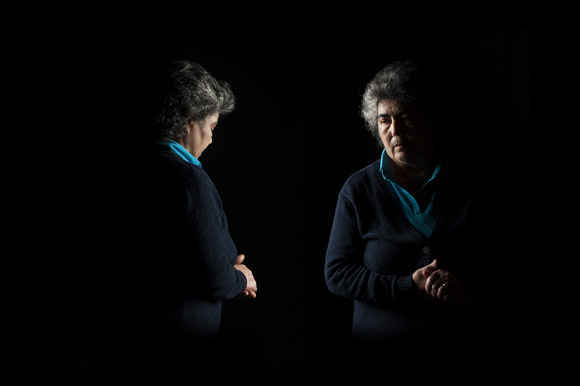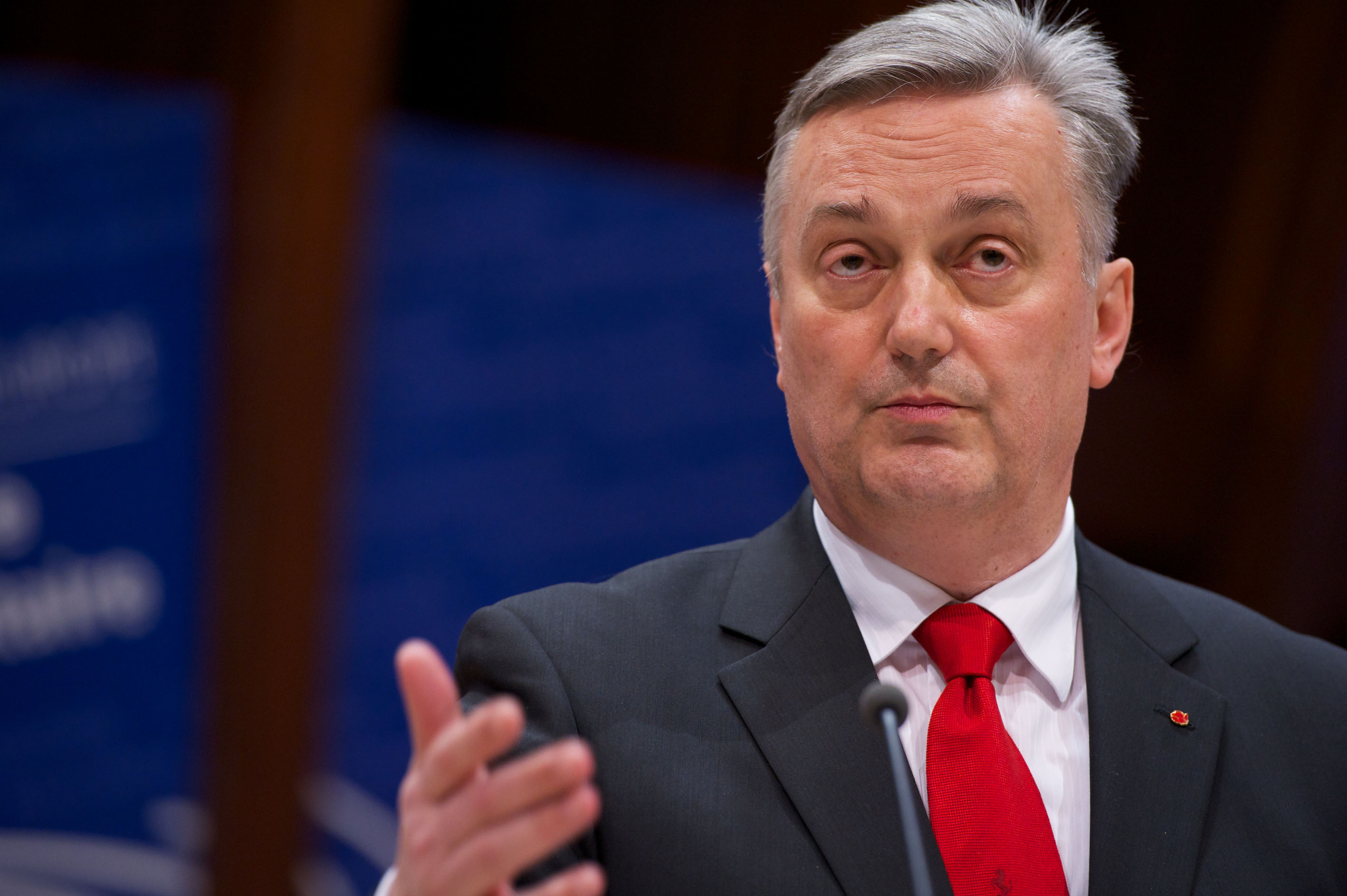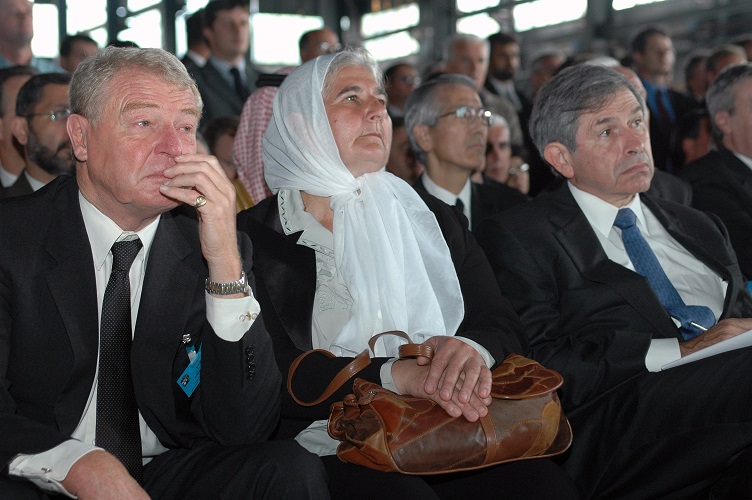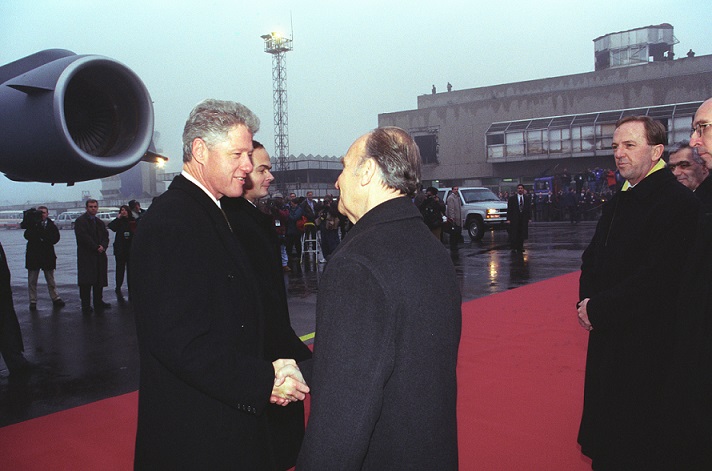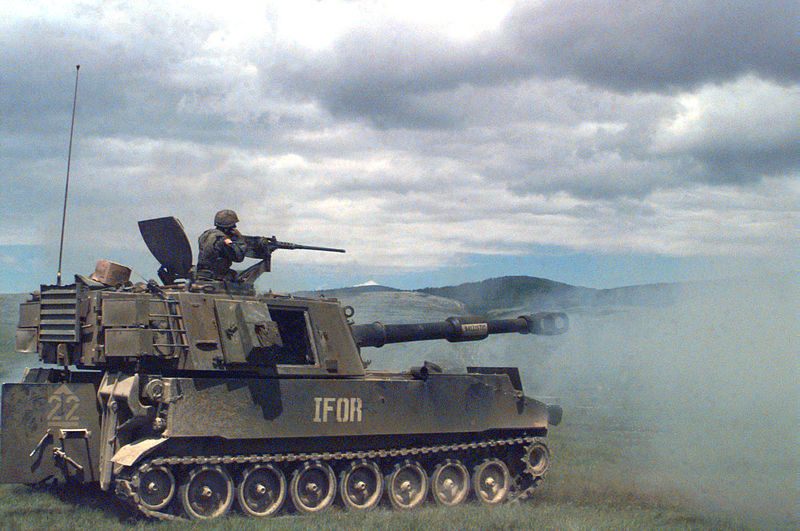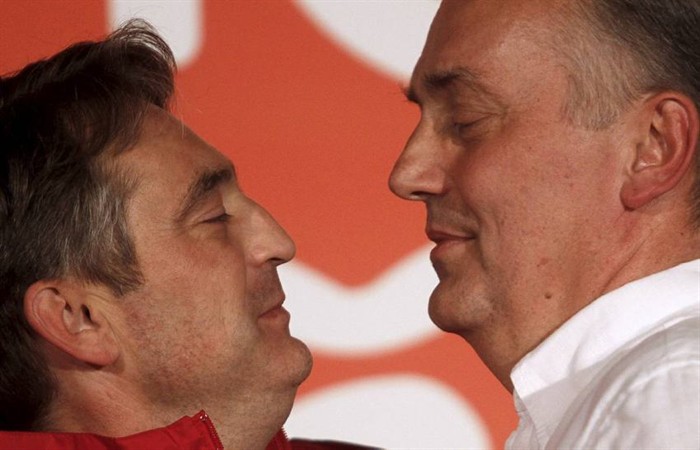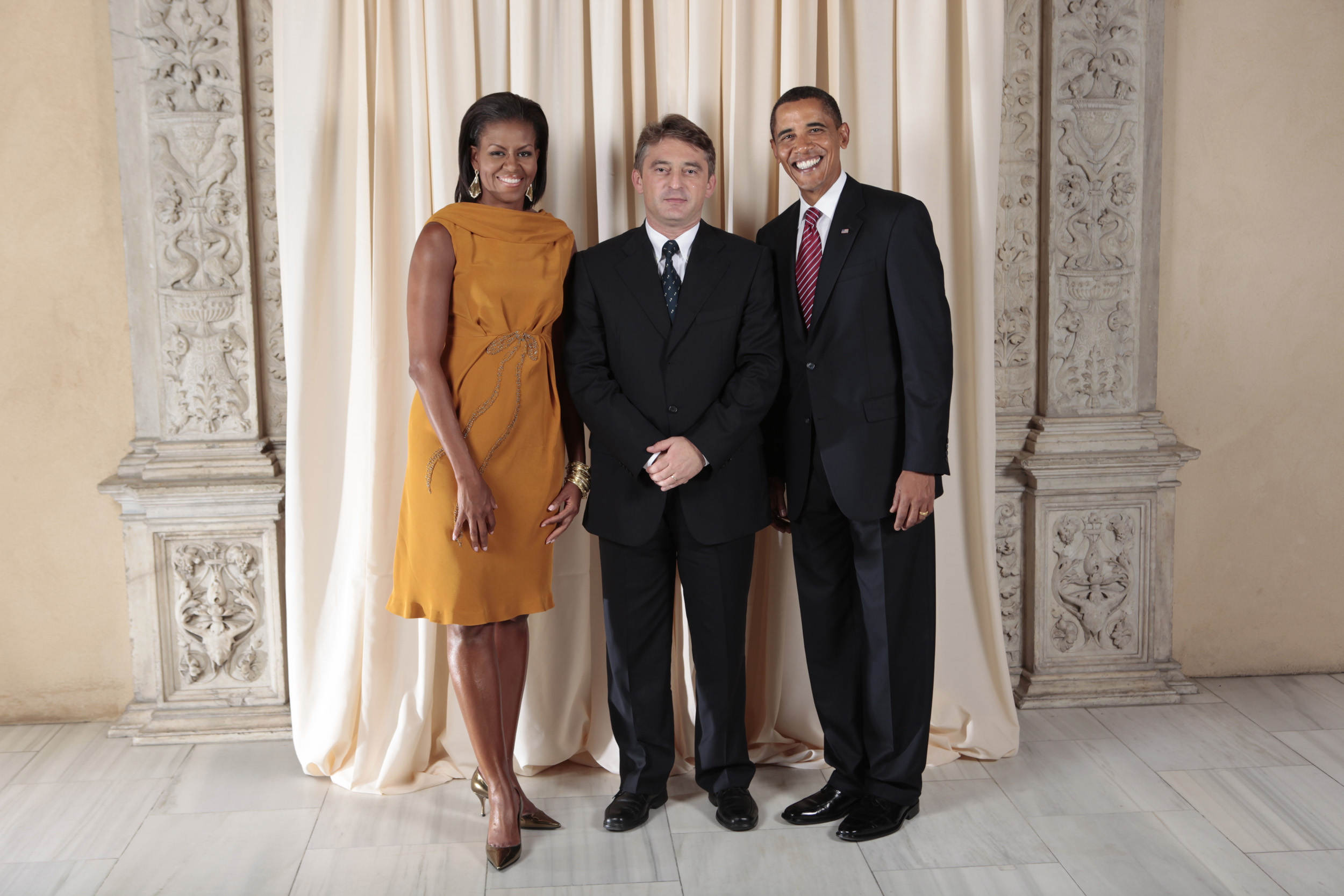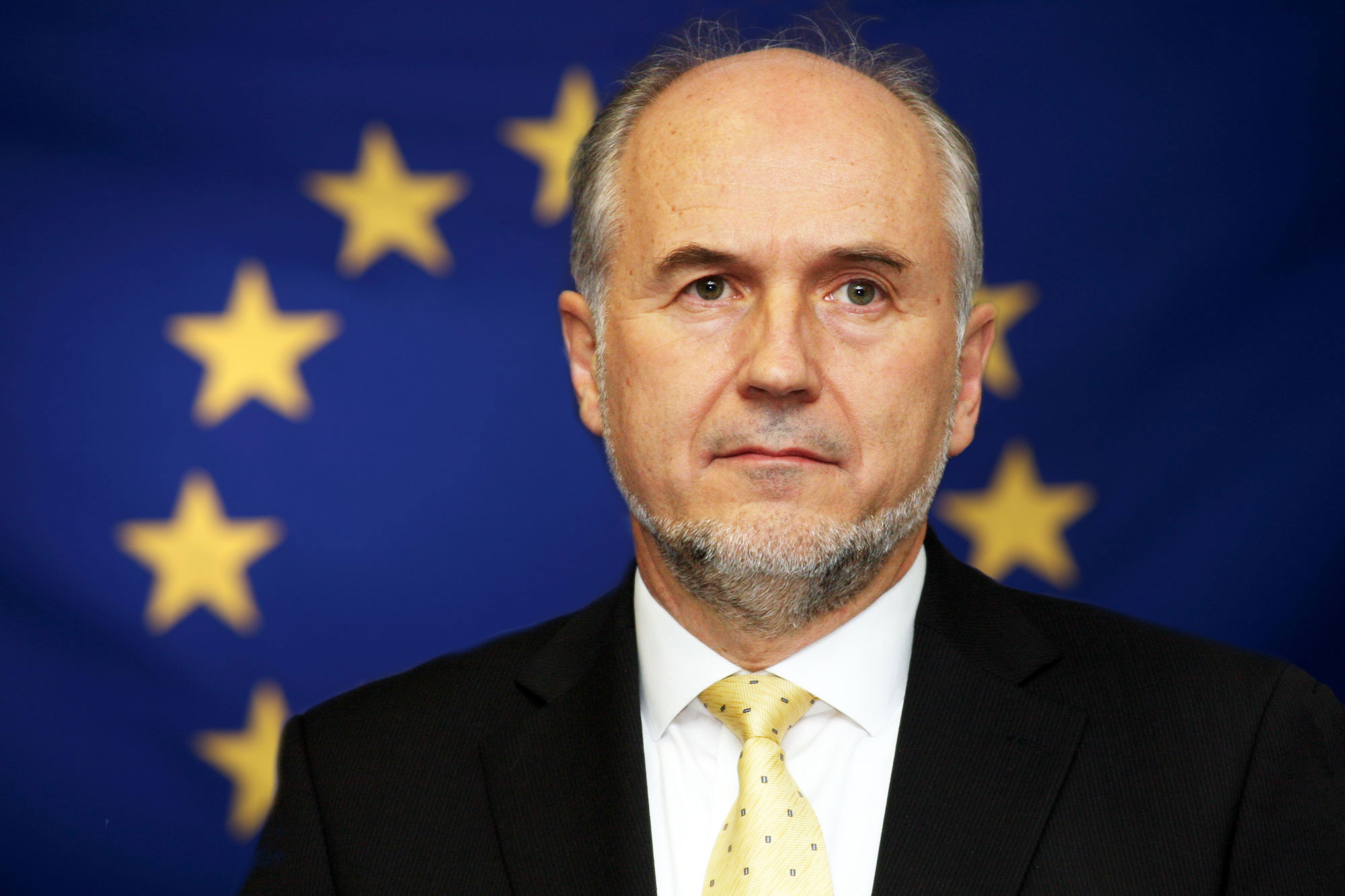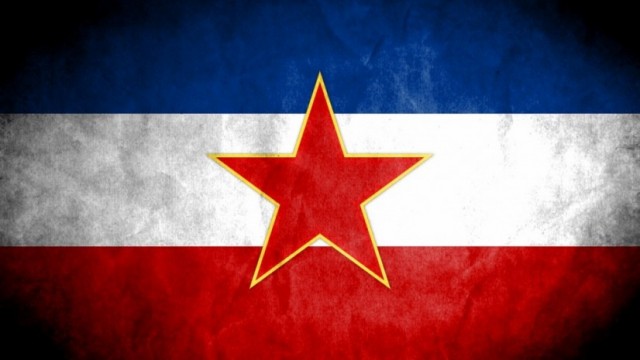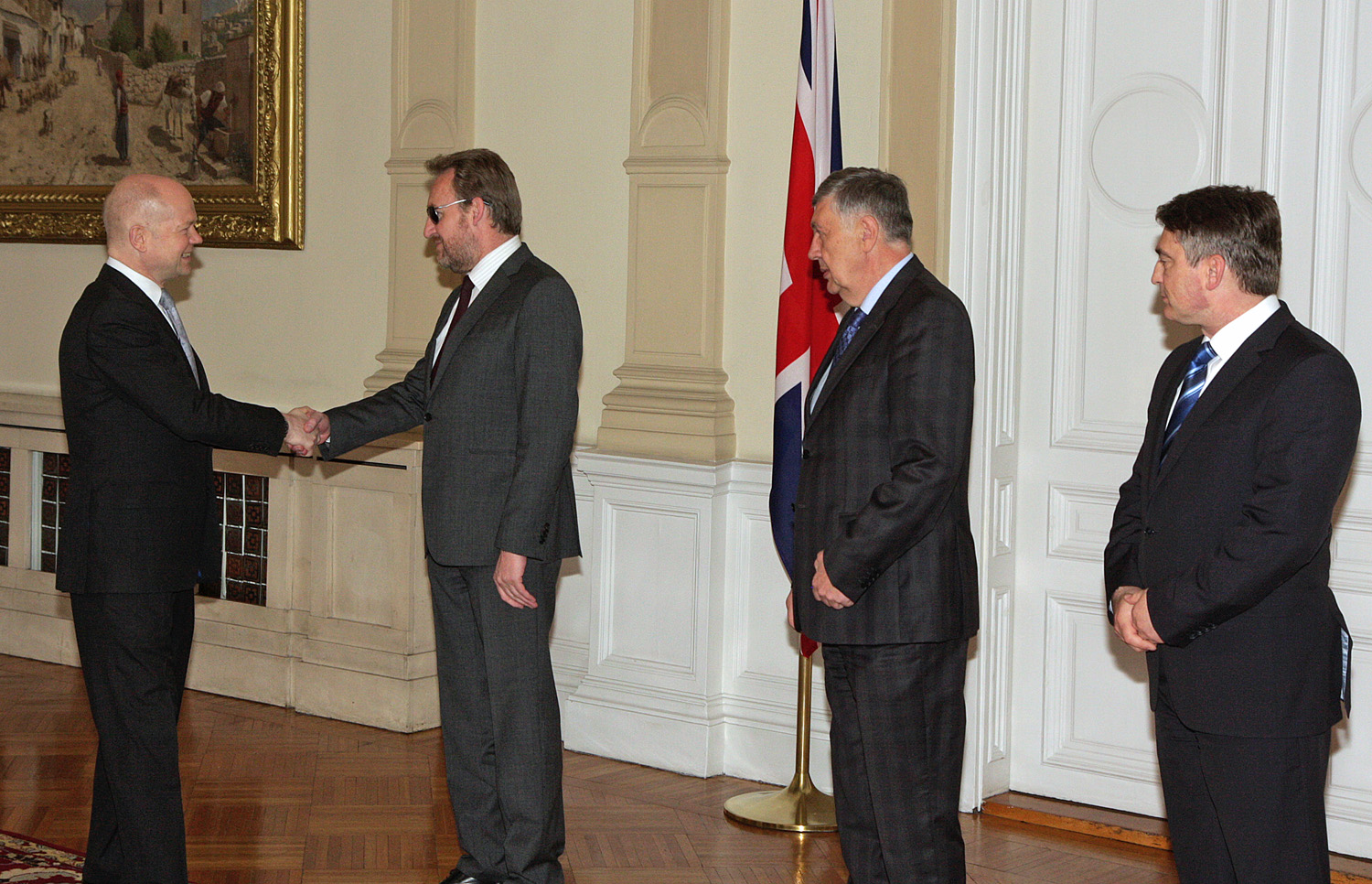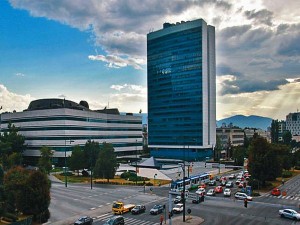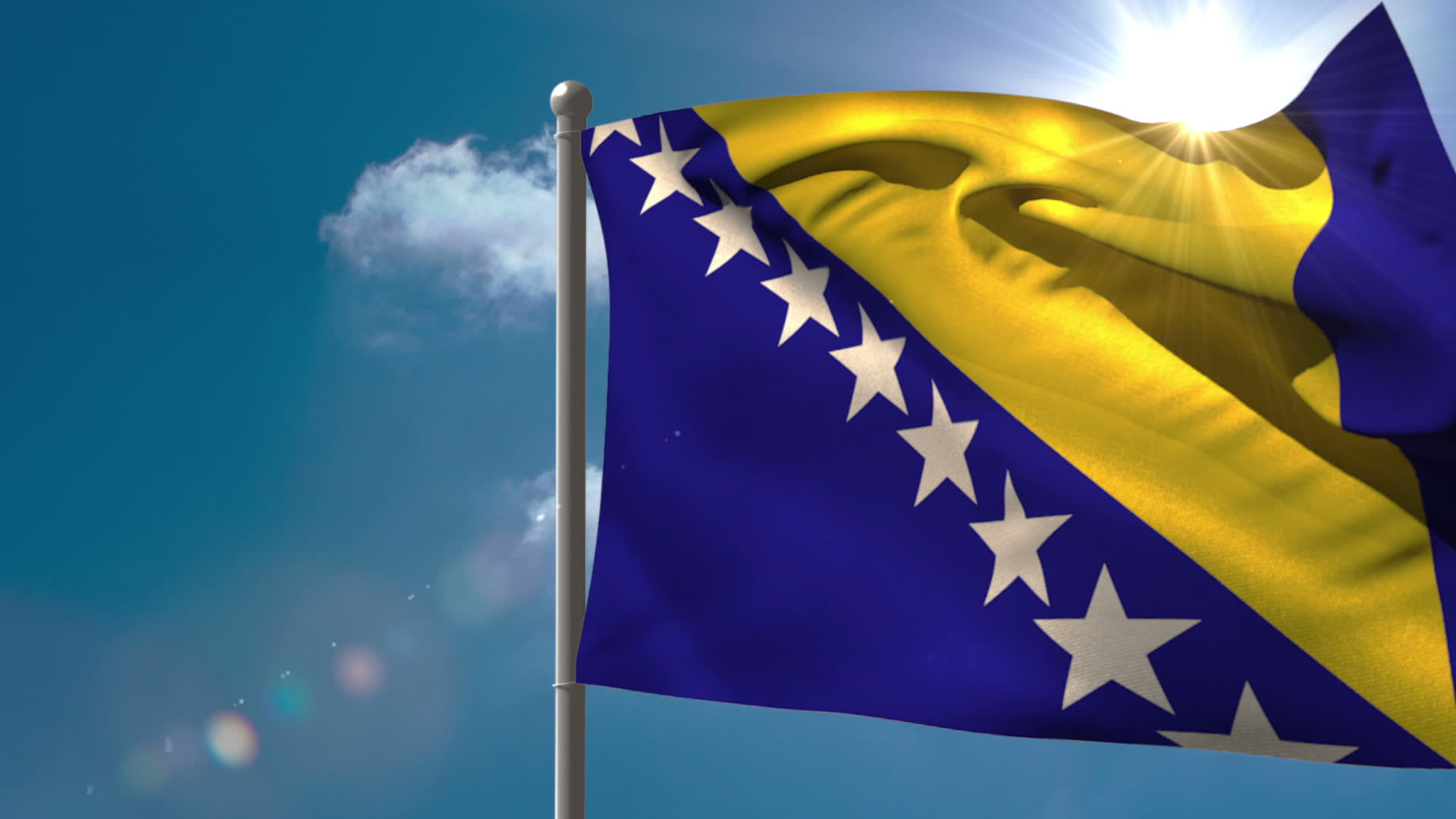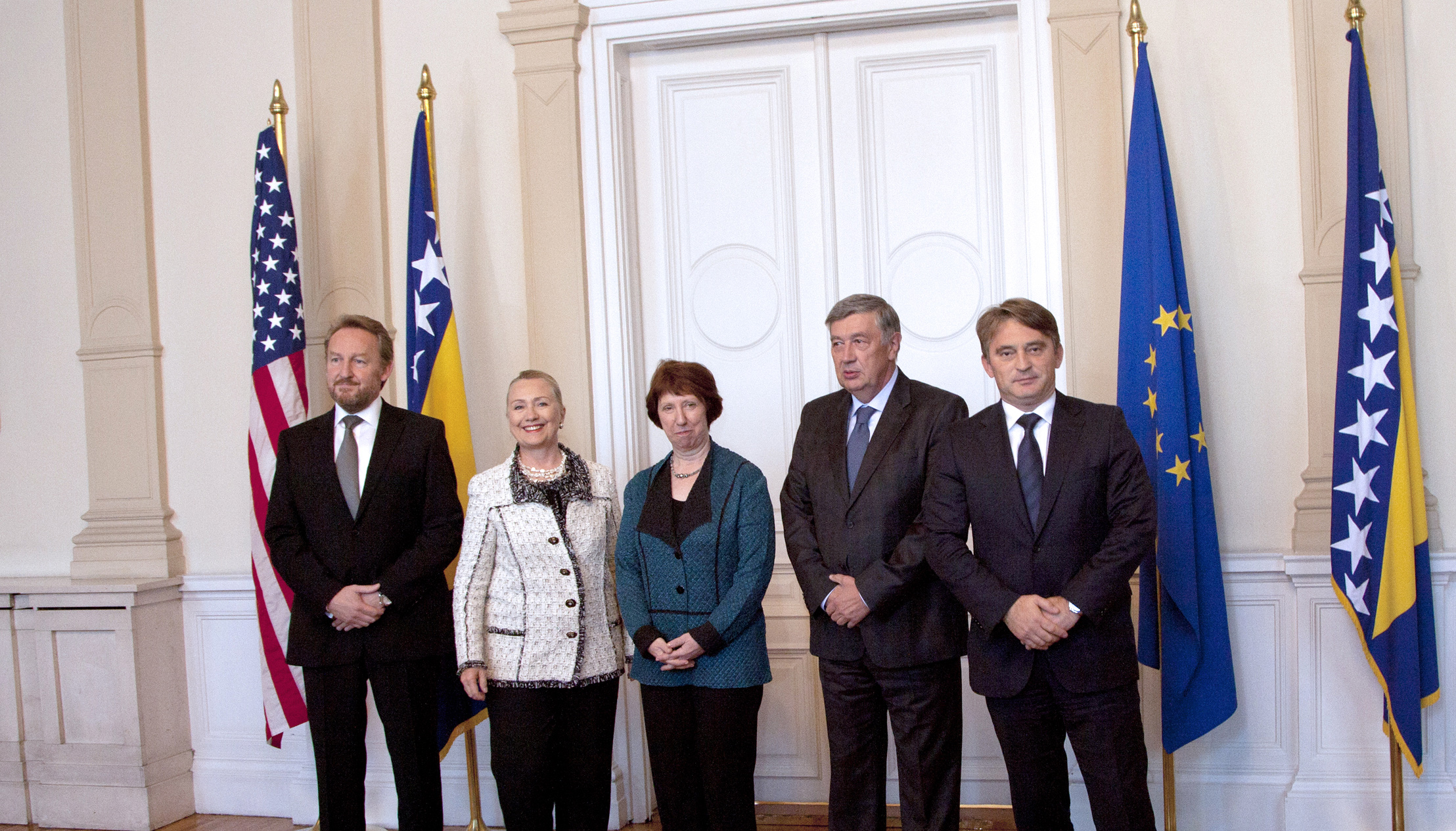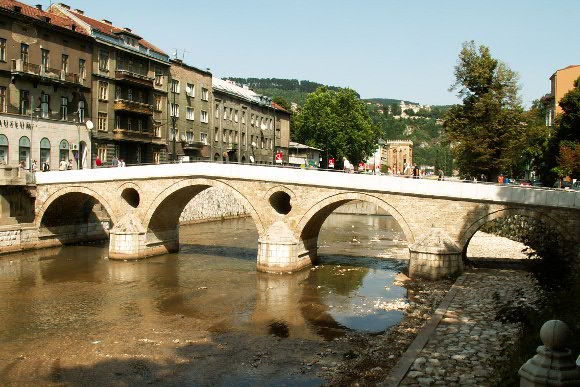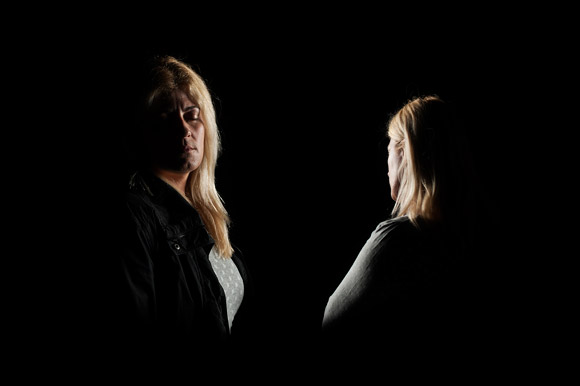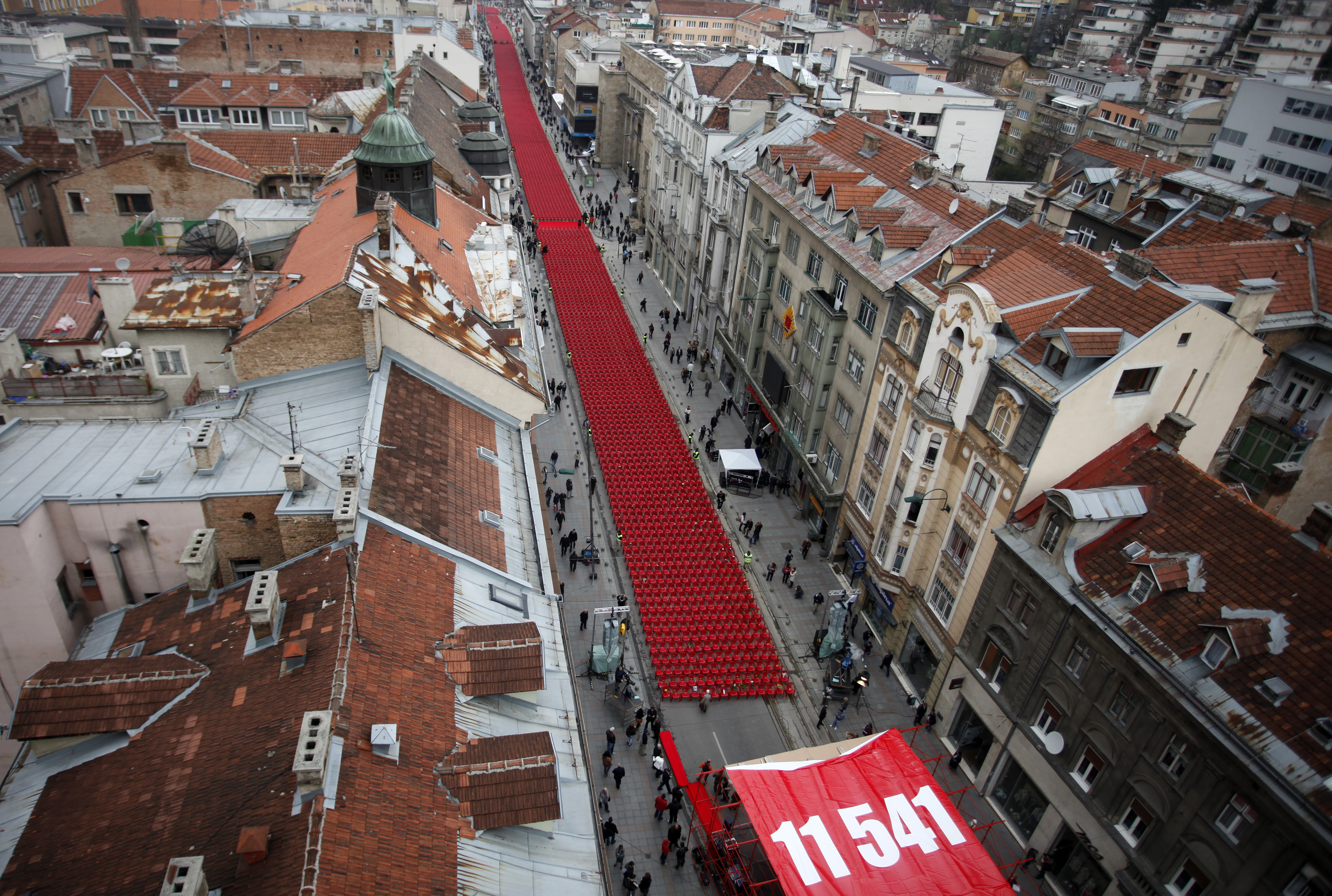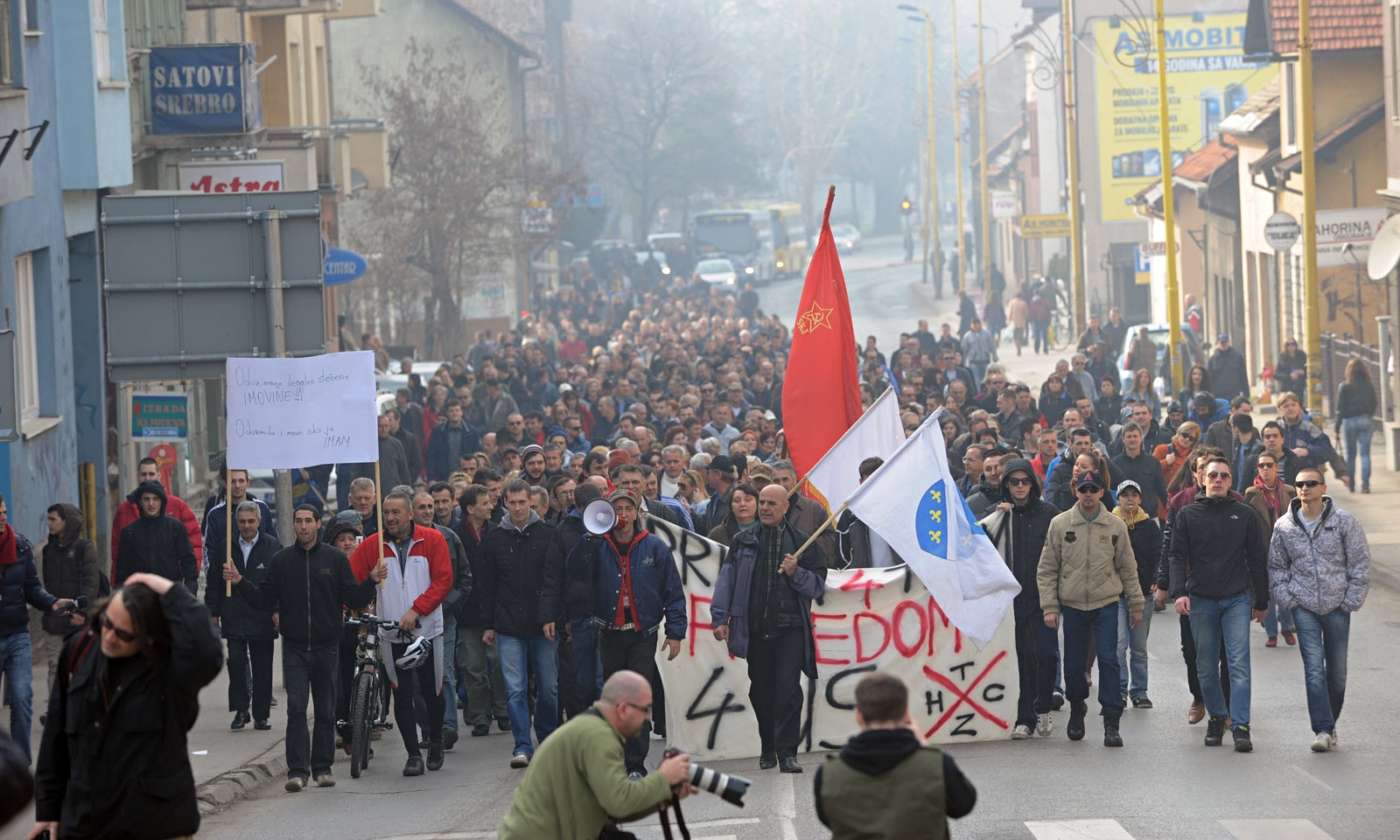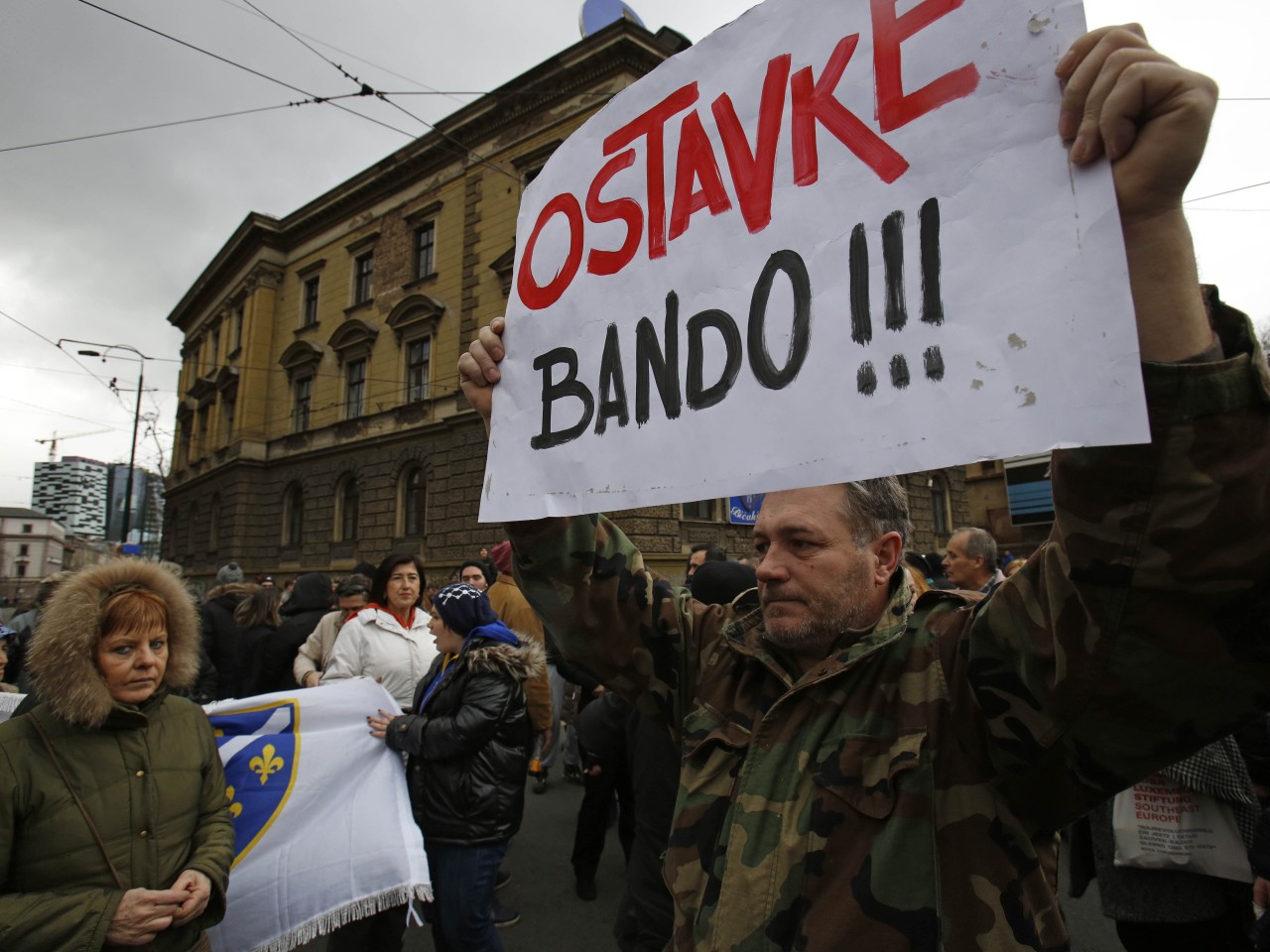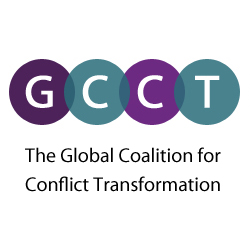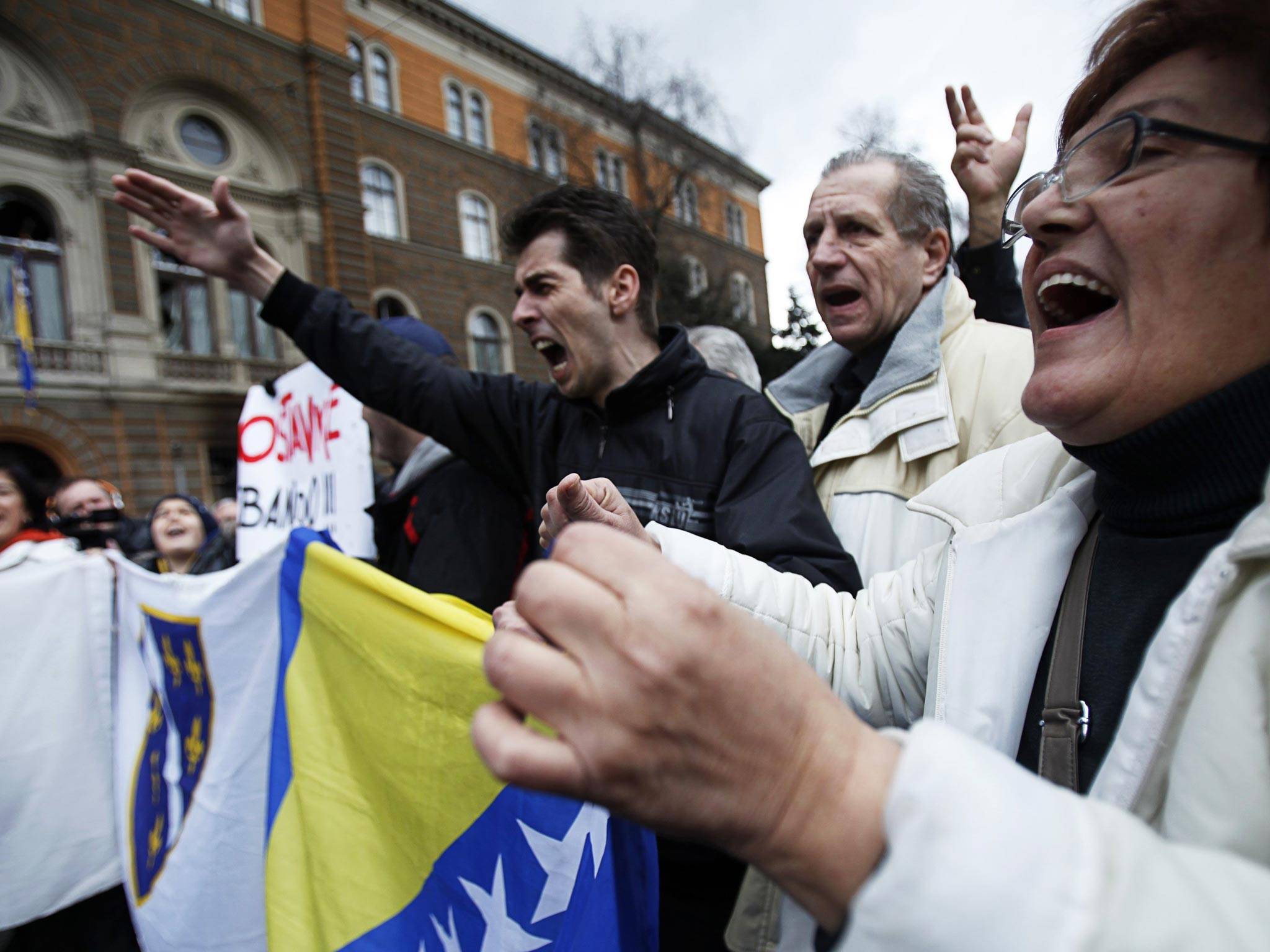Overcoming the stigma of sexual violence in Bosnia-Herzegovina
Up to 50,000 women were raped during the civil war in Bosnia-Herzegovina. The stigma and silence around sexual violence means that their suffering has continued... Read More
Bosnia-Herzegovina and the failed revolution of the SDP (2010-2014) – part 1
Although in Bosnia and Herzegovina identitarian and ethnic parties are usually blamed for the chronic political deadlock of the country, a thorough examination of the... Read More
Bosnia – the international community and Izetbegović’s project of dediscoursification
Bosnia and Herzegovina’s politics in the post-Dayton period is to a large extent a politics of continuation of war by other means, and for such... Read More
Bosnia – Izetbegović and implementation of the Dayton peace agreement
Alija Izetbegović, a member of the Presidency of Bosnia and Herzegovina until 2000, considered the post-Dayton peace agreement period as a frame that ought to be... Read More
Bosnia – the theory of dediscoursification and Dayton as a continuation of the state of war
The theory of dediscoursification explains in detail what exactly happens when language fails; that is, when some political actors gradually come to a realization that,... Read More
Bosnia – stabilization stalled in negative peace
The current situation in Bosnia and Herzegovina can be can safely described as extant negative peace. Structural and cultural violence are endemic. The pressing problem... Read More
Is Komšić a better Lagumdžija?
The impact of the recent election could become more “civic” than it might appear, if politicians seeking to represent that term examine their own motives,... Read More
Time for a national dialogue in Bosnia and Herzegovina
It is time for a national dialogue in Bosnia and Herzegovina; one that follows the pattern pioneered in Tunisia, which brought together civil society, business... Read More
Elections as a form of discrimination against Croats in Bosnia-Herzegovina
Croats have long been discriminated against not only at the level of the Bosnia-Herzegovina Presidency, but also in the Federation of Bosnia-Herzegovina, where parties with... Read More
Four reflections on the High Representative in Bosnia and Herzegovina – part two
Part two of a paper exploring how the Bonn-powered High Representative in Bosnia-Herzegovina is based on four fictions – of self-constitution or self-grounding; the principled... Read More
Four reflections on the High Representative in Bosnia and Herzegovina
The Bonn-powered High Representative in Bosnia-Herzegovina is based on four fictions – of self-constitution or self-grounding; the principled non-opposability to HR’s decisions; the immediately executive character... Read More
Ethnic cleansing and war crimes, 1991-1995 – part twelve
TransConflict is pleased to present part twelve of a chapter of “Confronting the Yugoslav controversies – a scholars’ initiative”, entitled “Ethnic cleansing and war crimes, 1991-1995”, which... Read More
Bosnia-Herzegovina – positive effects of the idea of ethnic electoral units
TransConflict is pleased to present the third and final part of a paper analysing ethnic electoral units in Bosnia and Herzegovina, produced by the Institute for... Read More
Bosnia-Herzegovina – the ‘Komšić’ problem and constitutional logic of ethnic electoral units
TransConflict is pleased to present the second-part of a three-part paper analysing ethnic electoral units in Bosnia and Herzegovina, produced by the Institute for Social and Political... Read More
Democracy, democratic representation and constitutional logic of ethnic electoral units in Bosnia-Herzegovina
TransConflict is pleased to present the first part of a three part paper analysing the ethnic electoral units in Bosnia and Herzegovina, produced by the Institute for... Read More
Bosnia’s constitutional reform – response to Valery Perry
Florian Bieber responds to Valery Perry’s piece on constitutional reform in Bosnia and Herzegovina.
More muddling through in Bosnia and Herzegovina?
Constitutional reform is never a “panacea,” in any country. However, by engaging citizens, creating opportunities for litigation and targeting constituencies ready and able to demand... Read More
Why constitutional reform will not solve the Bosnian blockade
Whilst the strong link between ethnicity, territory and governance has caused problems that contribute to the Bosnian crisis, the constitutional reform cannot hope to overcome... Read More
Sarajevo, one hundred years later
Last month commemorations were held to mark 100 years since the assassination of Archduke Franz Ferdinand – and the beginning of the chain of events... Read More
Breaking the silence surrounding war rape in Bosnia
Almost twenty years on from the end of the war, a new campaign aims to increase understanding and decrease stigmatisation of survivors of rape in... Read More
Bosnia and Herzegovina – acknowledging the crimes of the past
Acknowledging the crimes of the past is a difficult but vital step to build lasting peace. Old wounds can easily be reopened by discussing history,... Read More
Living in two different worlds
Fule’s criticism of BiH politicians’ unwillingness to change the constitution and his criticism of political leaders for the economic, political and social failures in Bosnia... Read More
Bosnia – the country as wreckage
Protests over identity cards and economic anguish once again have shown that – by themselves – neither street action nor breathless rhetoric from full-time activists... Read More
The Center for Peacebuilding from Bosnia and Herzegovina
TransConflict is pleased to present the profile of the Center for Peacebuilding from Bosnia and Herzegovina, a member of the Global Coalition for Conflict Transformation.
Failure in Bosnia
Bosnia’s future as a single, unified state has never been promising, but without effective leadership the future will be bleak indeed. The recent riots need... Read More

